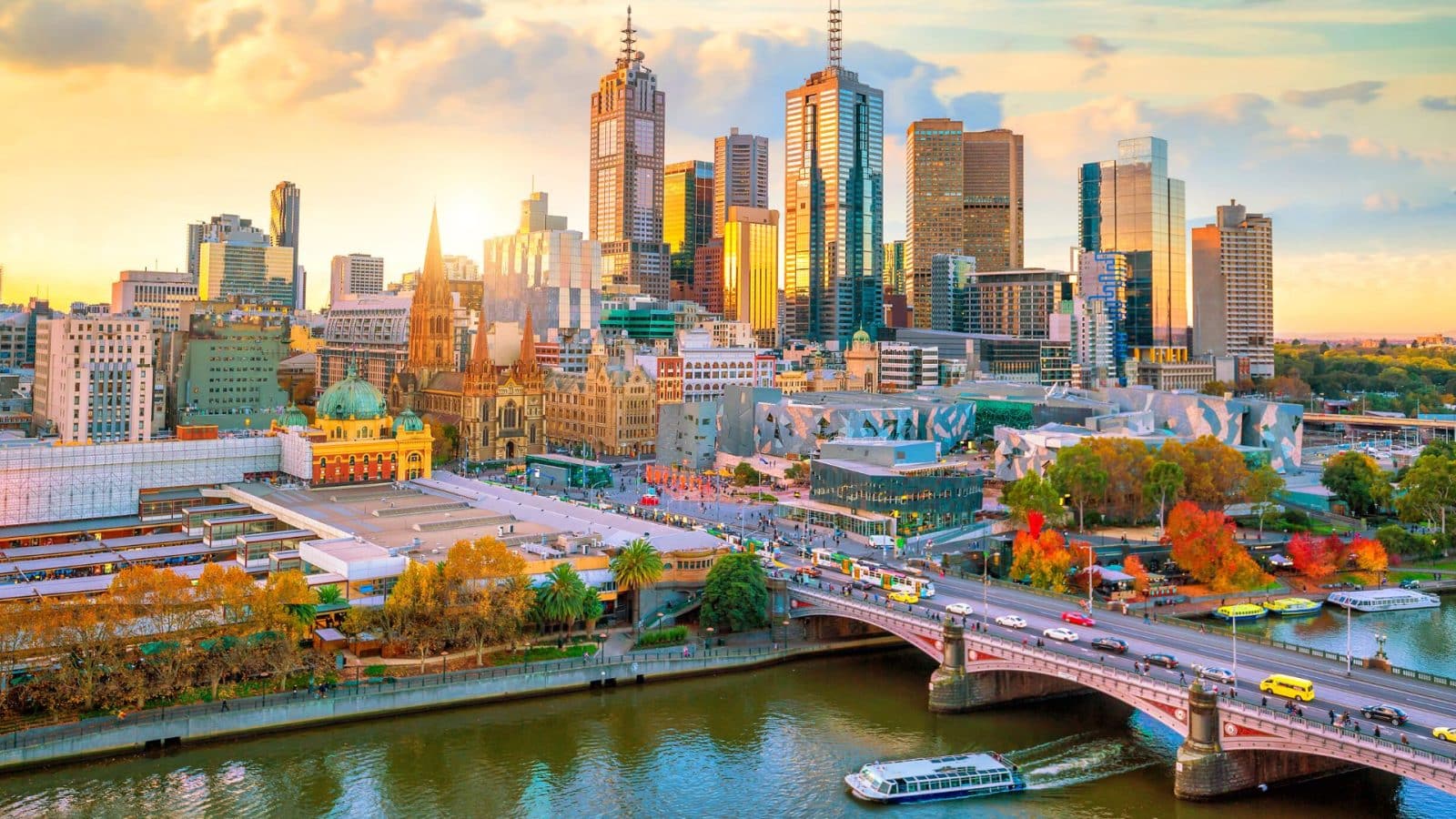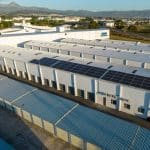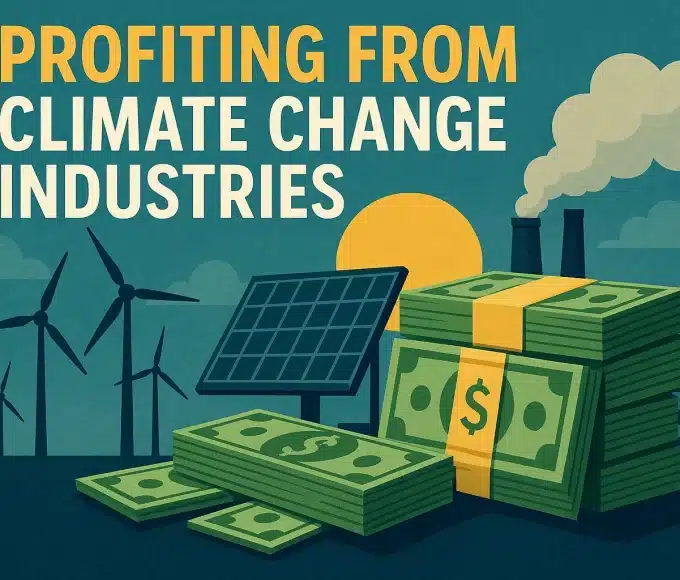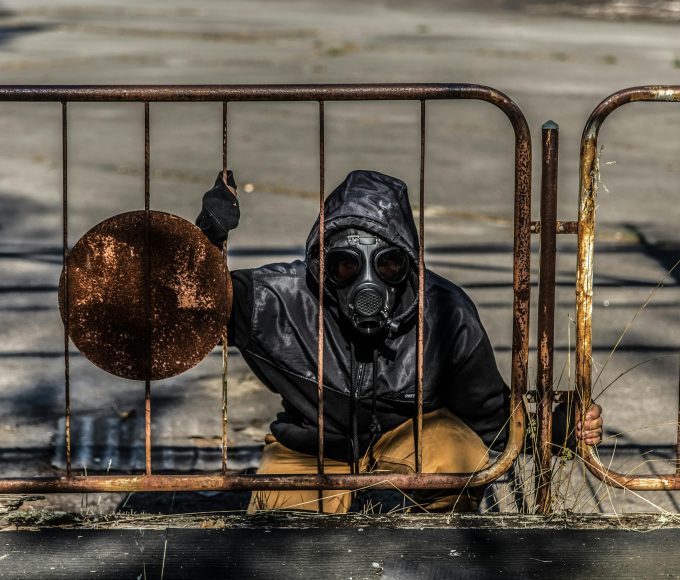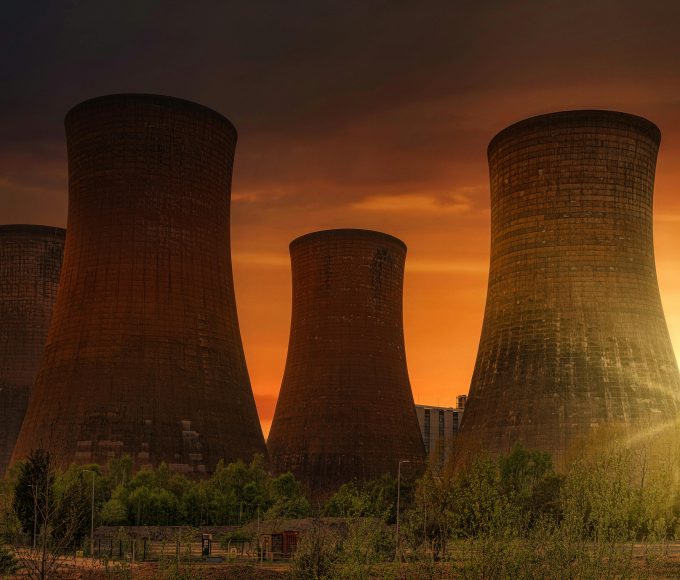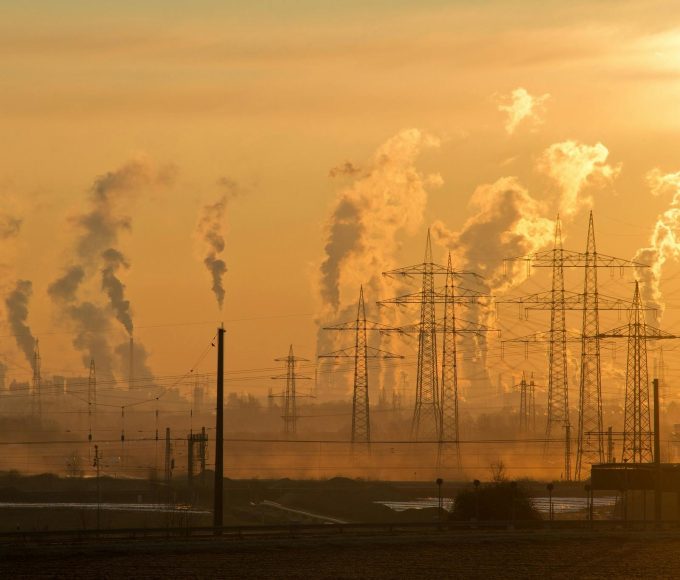Have you ever stopped to wonder what makes modern society function with such ease? The answer is simple—infrastructure. Infrastructure is the backbone of society and the essential framework that makes modern life possible. With our growing population, the demands for infrastructure have skyrocketed and continue to develop.
Infrastructure is defined as the physical and organizational structures necessary for society’s operation. Infrastructure includes essentials like schools, public transport, roads, water supply, and sewage systems. Learn more about the essential infrastructure used in everyday life.
Electricity
Electricity is the most crucial infrastructure in society, powering everything from homes to cars to entire industries. Without electricity, the world would come to a standstill, as it plays a crucial role in day-to-day activities. It is, therefore, vital to ensure that electrical grids are efficient and reliable to avoid massive power outages.
Water
Water is often something we take for granted, but it’s important for our daily lives. It’s used to keep us hydrated, for bathing, doing laundry, cleaning dishes, cooking, watering plants, and more. This makes it crucial to have a healthy supply of water that is clean and can adequately meet all needs.
Transportation
Transportation infrastructure, such as roads, railways, and airports, is essential for connecting people, goods, and services. They enable people to access basic needs such as healthcare, education, and employment opportunities. Thus, these components must be well-developed and maintained to ensure they remain safe and efficient. With that, understanding the role of excavators in infrastructure development, as well as that of other heavy equipment, is essential for keeping society moving.
Sanitation
Quality sanitation infrastructure is crucial for public health and well-being. This includes sewage treatment plants, drainage networks, and garbage collection and disposal. Proper sanitation prevents the spread of diseases and helps protect the environment.
Communications
Communication infrastructure is crucial in modern society, as it enables people to connect and exchange information; this includes telephone lines, internet connectivity, and broadcasting networks. Without reliable communications infrastructure, our society would likely come to a halt.
Housing
Housing infrastructure is essential for providing adequate shelter for people, with access to amenities such as electricity, water, and sanitation. Better housing infrastructure can improve people’s lives, raising their economic welfare and social statuses.
Keeping Infrastructure Functional and Responsive
Infrastructure is vital for society’s development and growth, impacting everything from the economy to individuals’ quality of life. Adequate planning, investment, and maintenance are necessary to ensure all elements of infrastructure stay functional and responsive to society’s needs. Therefore, by prioritizing the essential infrastructure used in everyday life, we pave the way for a healthier and more prosperous society.




